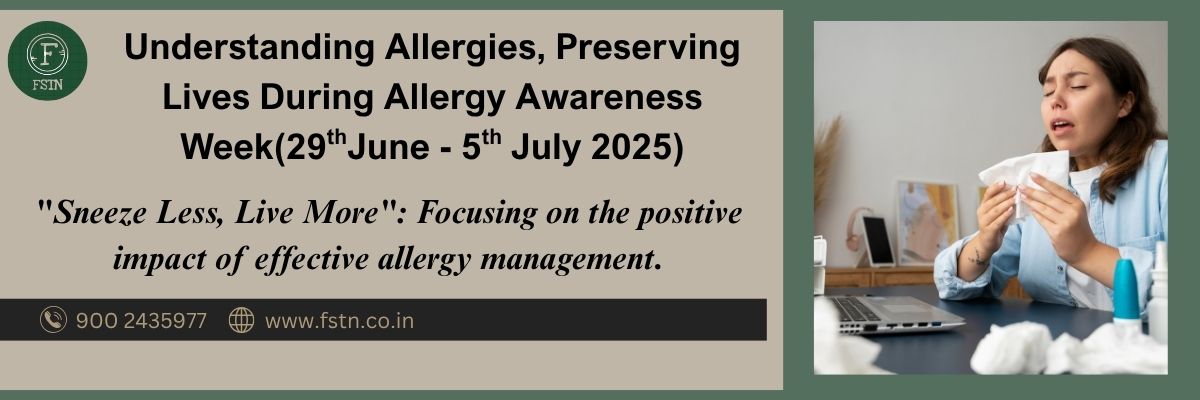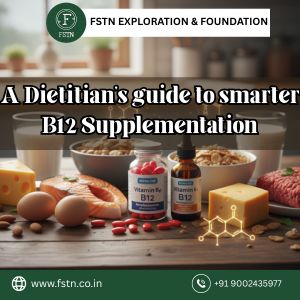Allergy Awareness Week is observed to raise public awareness of allergies, their symptoms, and effective management techniques. Allergies are not seasonal issues; they affect millions of people worldwide and can be fatal if ignored.
The theme for Allergy Week in 2025 is "Protect Every Breath." This year's theme is creating safer environments for those who suffer from food allergies, asthma, and other allergic conditions. Allergies affect everyday life and require immediate medical attention as well as ongoing management. They can range from minor rashes to potentially fatal reactions like anaphylaxis.
The Connection Between Food and Allergies and How to Avoid Reactions
One of the most frequent causes of allergies, particularly in kids, is food. When the immune system incorrectly perceives a particular food as dangerous and sets off an allergic reaction, it results in a food allergy. This can include severe and potentially fatal conditions like anaphylaxis, as well as mild symptoms like rashes and itching.
Typical Food Allergens
Among the most common food allergies are:
1. Milk
2. Eggs
3. Peanuts
4. Tree nuts, such as cashews and almonds
5. Fish
6. Shellfish
7. Soy
8. Wheat
These are commonly known as the "Big 8" allergens, and they are the cause of the majority of food allergies in the world.
Food Allergy Symptoms
• Lips, face, or throat swelling
•Skin rashes or itching in the mouth.
•Skin rashes or hives
•Vomiting, diarrhea, or stomach cramps
•Difficulty breathing or wheezing
•Anaphylaxis (a severe, life-threatening reaction)
How to Prevent Food Allergic Reactions
1.Read Labels Carefully: Always check ingredient lists for allergens—even in processed foods.
2.Avoid Cross-Contamination: Use separate utensils and cooking surfaces for allergen-free food.
3.Inform Restaurants or Caterers: Always notify staff about your allergy before ordering food.
4.Carry Emergency Medication: Keep antihistamines or an epinephrine auto-injector (EpiPen) if prescribed.
5.Educate Family and Friends: Help those around you understand the seriousness of food allergies.
6.Introduce Allergenic Foods Safely (in infants): Under medical supervision, early introduction may reduce risk in some cases.
Educate family, friends, and schools about allergy safety. Workplaces, schools, and communities can use this week to hold awareness programs, training sessions, or share resources to support allergy sufferers.
Conclusion
Allergy Awareness Week reminds us that a little knowledge can save lives. Let’s spread awareness, promote understanding, and help create a world where everyone can breathe easier, safely and confidently.



